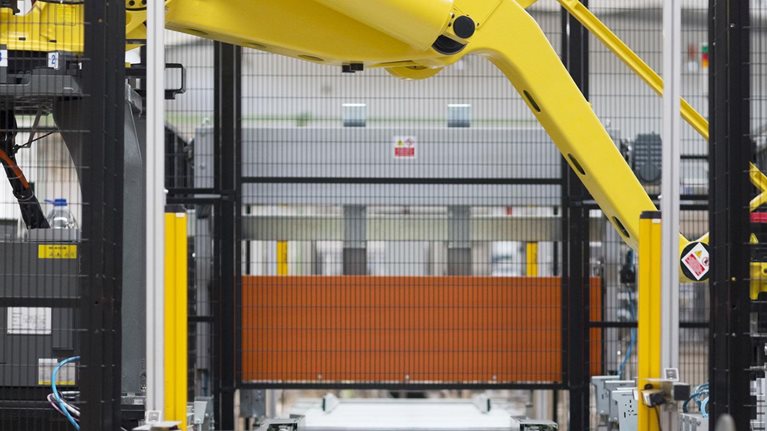Manufacturers with complex operations often struggle to optimize production. Large chemical makers are a prime example. They face complexity in spades—such as volatile costs and prices, the need to manage multiple plants, and the reality that many products can be made from diverse (and often nonlinear) combinations of inputs. Advanced data modeling recently helped one global chemical maker to cut through all these problems in its flagship plant. Company experts in sales, production, and optimization assembled raw-material and product price curves, market-size forecasts, historical equipment-performance data, and more than 600 decision variables into a mathematical model describing the plant’s production yields under various operating conditions.
The resulting model offers managers a precise understanding of the effects that variations anywhere along the value chain can have on the production network as a whole. The company can now, for example, easily fine-tune the mix of raw materials and finished products, as well as the routing of manufacturing flows, in real time—while constantly identifying opportunities for improvement (exhibit). All told, these changes increased the plant’s EBIT1 returns by more than 50 percent, and the company is now applying this model across its full factory network so that production capacity can shift in modular fashion. A major side benefit: better cross-unit collaboration, since business decisions that were formerly siloed and subjective are now made with a clearer sense of the constraints and trade-offs involved.
In one case, data modeling identified opportunities to increase earnings by 55 percent.



